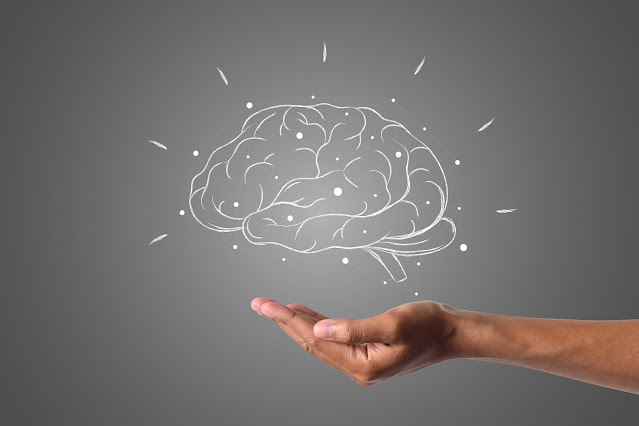What is Psychology?
Psychology is the scientific study of mind and behavior. Psychology includes the study of conscious and unconscious phenomena, including feelings and thoughts. It is an academic discipline of immense scope, crossing the boundaries between the natural and social sciences. (Wiki)
Learning about psychology in UX Design
UX designers should learn psychology because it can help them create better user experiences. Understanding human behavior, motivation, and cognition is essential for designing products that meet the needs of users. UX designers need to empathize with their users to create products that meet their needs. Understanding psychology can help designers gain a better understanding of users' thoughts, feelings, and behaviors, which can inform the design process. Psychology can inform user research methods, such as surveys, interviews, and usability testing. Knowledge of psychological theories and concepts can help designers create research questions that provide insights into user behavior and motivation.
UX designers often aim to persuade users to take specific actions, such as signing up for a service or purchasing a product. Understanding psychological theories, such as social proof and cognitive biases, can help designers create persuasive designs that are more effective. Understanding human behavior, motivation, and cognition can inform user research, interface design, and persuasive design, leading to products that are more effective and engaging for users.
Role of Psychology in UX Design
Psychology plays a crucial role in UX (user experience) design. UX designers aim to create digital products that are intuitive, easy to use, and engaging for users. Understanding human behavior, motivations, and cognitive processes is essential for designing products that meet these criteria. Here are some ways psychology informs UX design:
- User research: UX designers often conduct user research to gain insights into the behaviors, motivations, and needs of users. This research can be informed by psychological theories and concepts, such as cognitive load theory, mental models, and decision-making processes.
- User interface design: The design of user interfaces is informed by psychological principles. For example, the use of color, typography, and visual hierarchy can influence user perception and behavior. Understanding how users process visual information can inform the design of interfaces that are easy to navigate and understand.
- Usability testing: Usability testing is a critical component of UX design. Psychologists have developed various methods for evaluating user experience, such as usability testing, heuristic evaluation, and cognitive walkthroughs. These methods help designers identify usability issues and improve the overall user experience.
- Persuasive design: Persuasive design aims to influence user behavior by appealing to their emotions, motivations, and cognitive biases. Psychological theories, such as social proof, scarcity, and loss aversion, are often used in persuasive design to encourage users to take specific actions.
DISCLOSURE: This post may contain affiliate links, meaning when you click the links and make a purchase, we receive a commission.
Psychology in Digital experiences
Cognitive psychology principles are combined with cognitive modeling as a way of creating the best possible interfaces. Researchers try to predict user behavior and then design around inherent and anticipated limitations, in order to create an interface that is efficient and intuitive for the users to maneuver and interact with. Psychology is used in digital experiences in various ways to create more engaging and effective user experiences.
- Persuasive design: Psychology is used in persuasive design to encourage users to take specific actions, such as making a purchase or signing up for a service. Techniques such as social proof, scarcity, and loss aversion are often used in persuasive design.
- Gamification: Psychology is used in gamification to make digital experiences more engaging and fun for users. Gamification techniques, such as rewards and badges, are designed to appeal to users' motivation and encourage them to engage with the product.
- Personalization: Psychology is used in personalization to create experiences that are tailored to individual users' needs and preferences. Personalization techniques, such as content recommendations and personalized messaging, are informed by user data and psychological theories.
Psychology plays a critical role in UX design by informing user research, interface design, usability testing, and persuasive design. By applying psychological principles and theories, UX designers can create products that are more effective, engaging, and enjoyable for users.
Further read:
Understand the Elements and Thinking Modes that Create Fruitful Ideation Sessions
Be Afraid! The Silent Role of Fear in Decision Making

















%20in%20India.png)

